Gabon’s New Era: Brice Oligui Nguema Claims Presidency with 90.35% of the Vote
- by Obame, Gabon, RNG247
- about 6 months ago
- 344 views
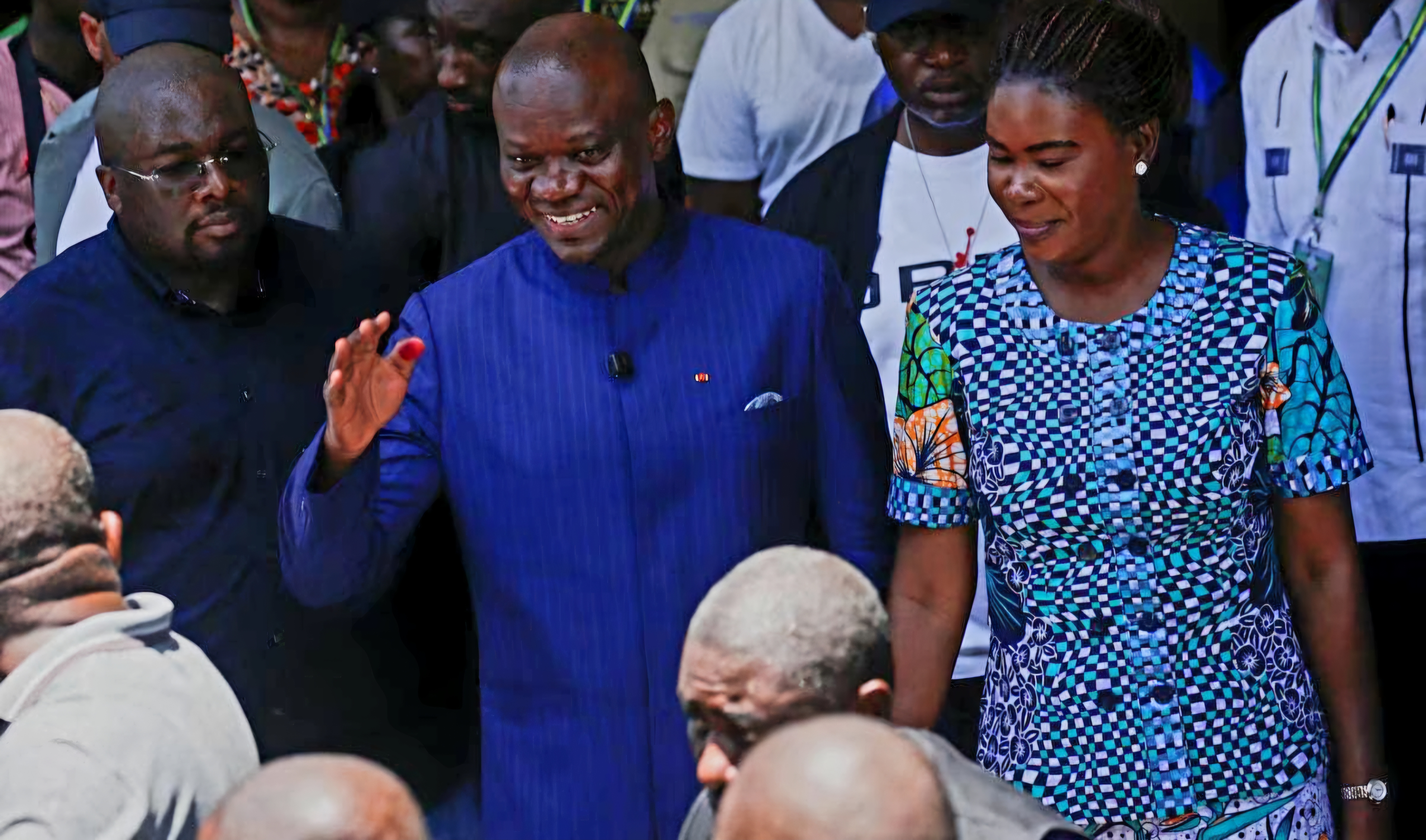
In a decisive outcome reflecting a dramatic political shift, Brice Oligui Nguema has been elected as Gabon’s new president, capturing an impressive 90.35% of the votes cast, as announced by the interior ministry on Sunday. This pivotal election marks a significant consolidation of power for Nguema, who orchestrated a coup in August 2023, dismantling over five decades of governance by the Bongo family in this Central African nation.*
The election results serve as a critical juncture in Gabon’s political landscape, with a population of approximately 2.5 million and a heavy reliance on oil exports. Nguema’s most notable rival in the eight-candidate race, Alain Claude Bilie By Nze, previously served as the prime minister under the ousted President Ali Bongo. Nze garnered a mere 3.02% of the vote, clearly eclipsed by Nguema’s staggering majority.
Campaigning energetically under a baseball cap emblazoned with his slogan “We Build Together,” Nguema positioned himself as a transformative figure, aiming to dismantle the entrenched corruption of the past. His vision includes economic diversification beyond oil dependency, along with an emphasis on enhancing agriculture, industrial growth, and tourism—sectors crucial for alleviating poverty, which affects roughly one-third of Gabon’s citizens.
The electoral turnout reached 70.40%, a notable increase from the 56.65% participation in the 2023 election that precipitated the military coup. During that earlier contest, Ali Bongo was declared the winner in what was widely criticized as a rigged election, igniting public outrage and civil unrest that ultimately led to the coup.
Investors and international observers have closely monitored Gabon's moves toward revitalizing its democratic framework, particularly given the nation's outstanding obligations of $3 billion in international bonds. Mucahid Durmaz, a senior analyst for Africa at risk intelligence firm Verisk Maplecroft, commented, “Prolonged political uncertainty and fears of extended military rule have constrained Gabon's economic growth, exacerbating the country’s budget deficit and debt levels. A democratically elected government with a clear mandate will be better positioned to engage with multilateral partners and to pursue essential fiscal reforms.”
The trajectory of Gabon’s economic recovery has shown signs of improvement, with a growth rate of 2.9% in 2024, up from 2.4% in the previous year. This growth is attributed partly to ongoing infrastructure projects and the increased production of commodities, including oil, manganese, and timber, as reported by the World Bank.
Under the new constitutional framework ratified just last November, Nguema's electoral victory secures him a seven-year term, which is renewable once. Despite his promises of a transformative departure from the Bongo regime, Nguema’s own historical ties to the previous administration cast a shadow over his presidency. He notably served as an aide-de-camp to Omar Bongo, Ali Bongo’s father, who held power for over 40 years until his death in 2009.
As Nguema embarks on this new chapter of leadership in Gabon, the nation stands at a crossroads—facing the challenge of nurturing democratic governance while seeking economic revitalization and social equity amidst its complex political legacy



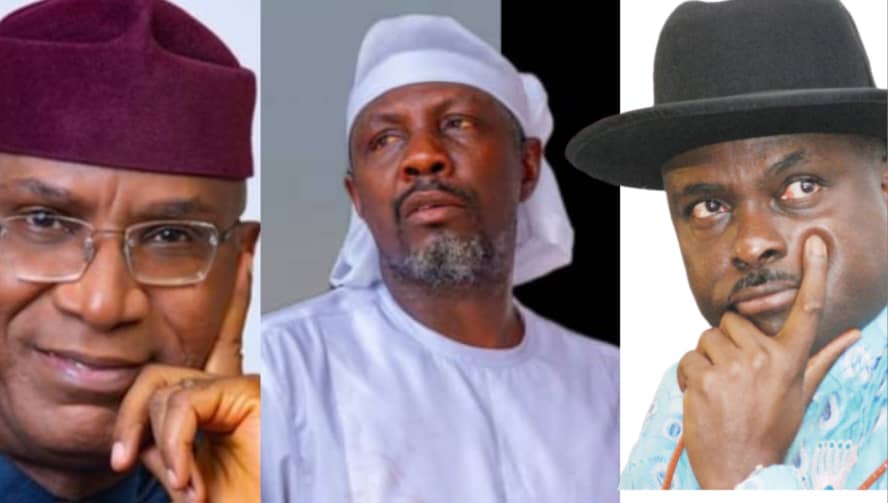
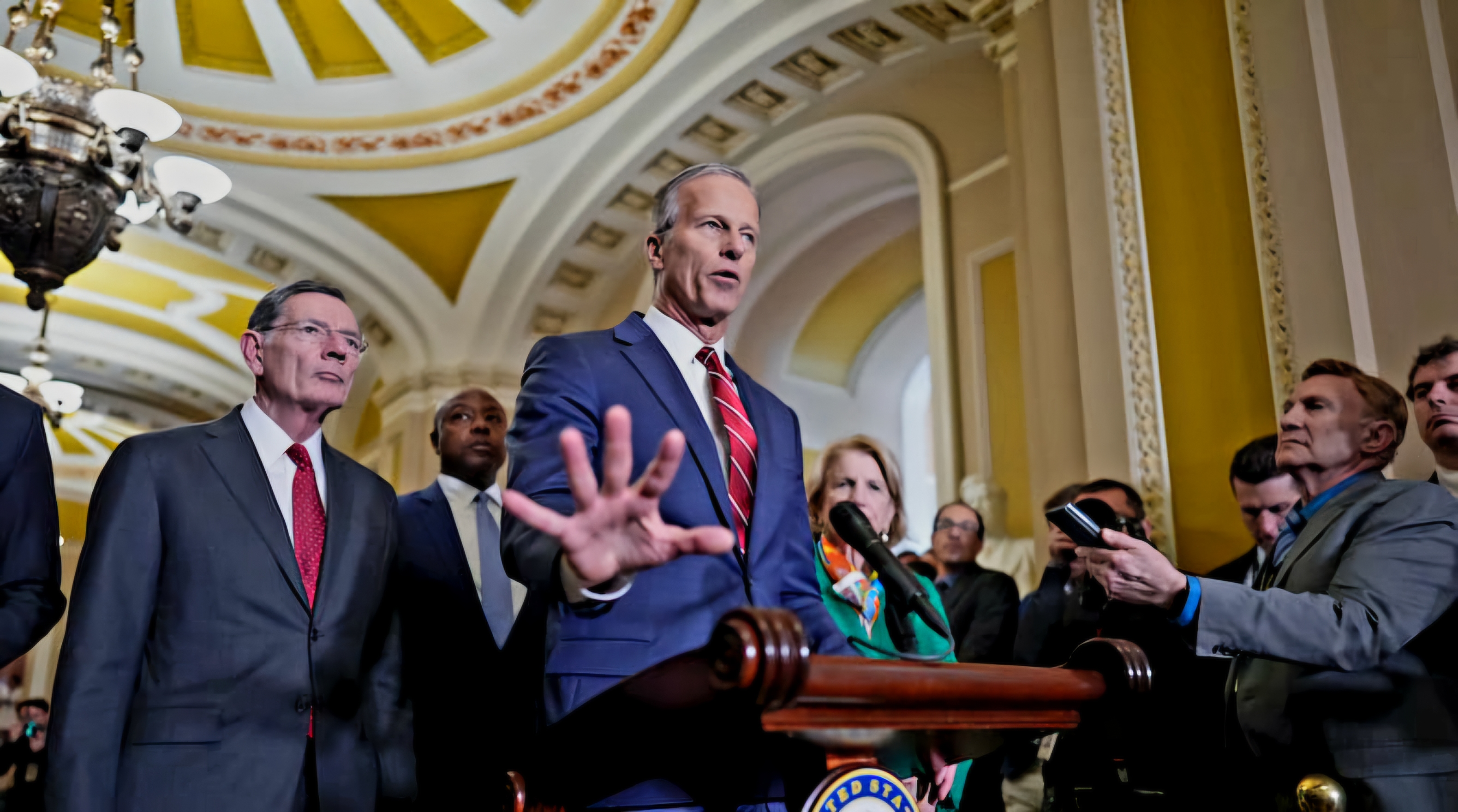
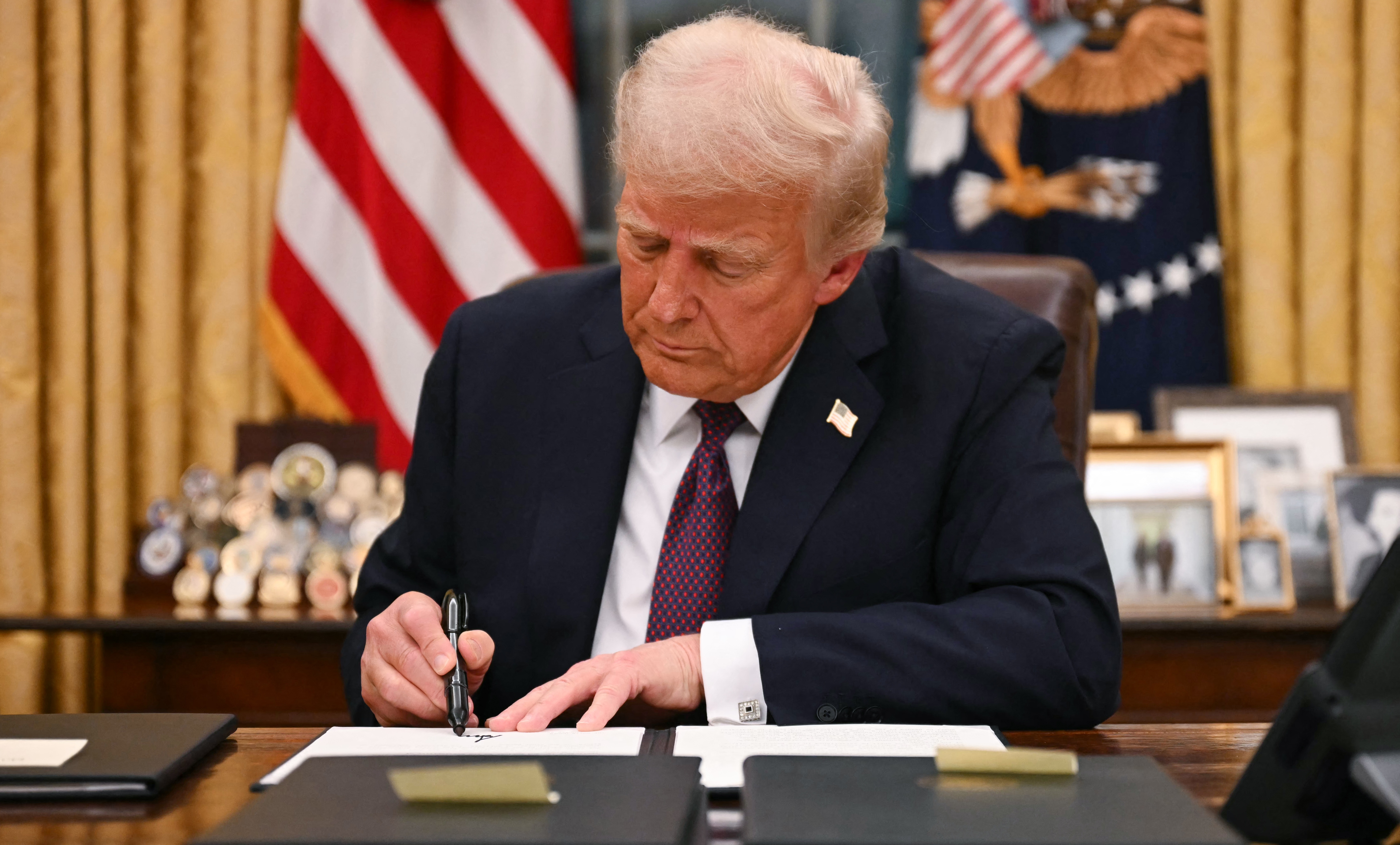
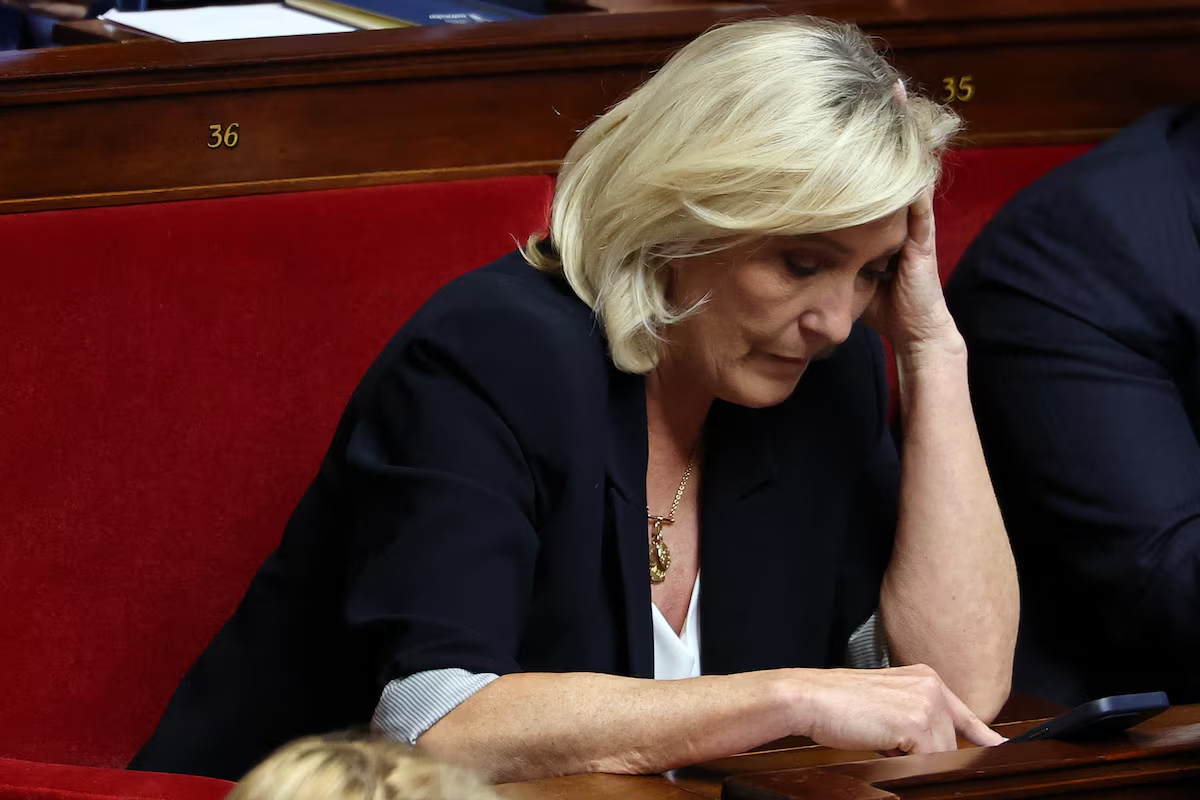
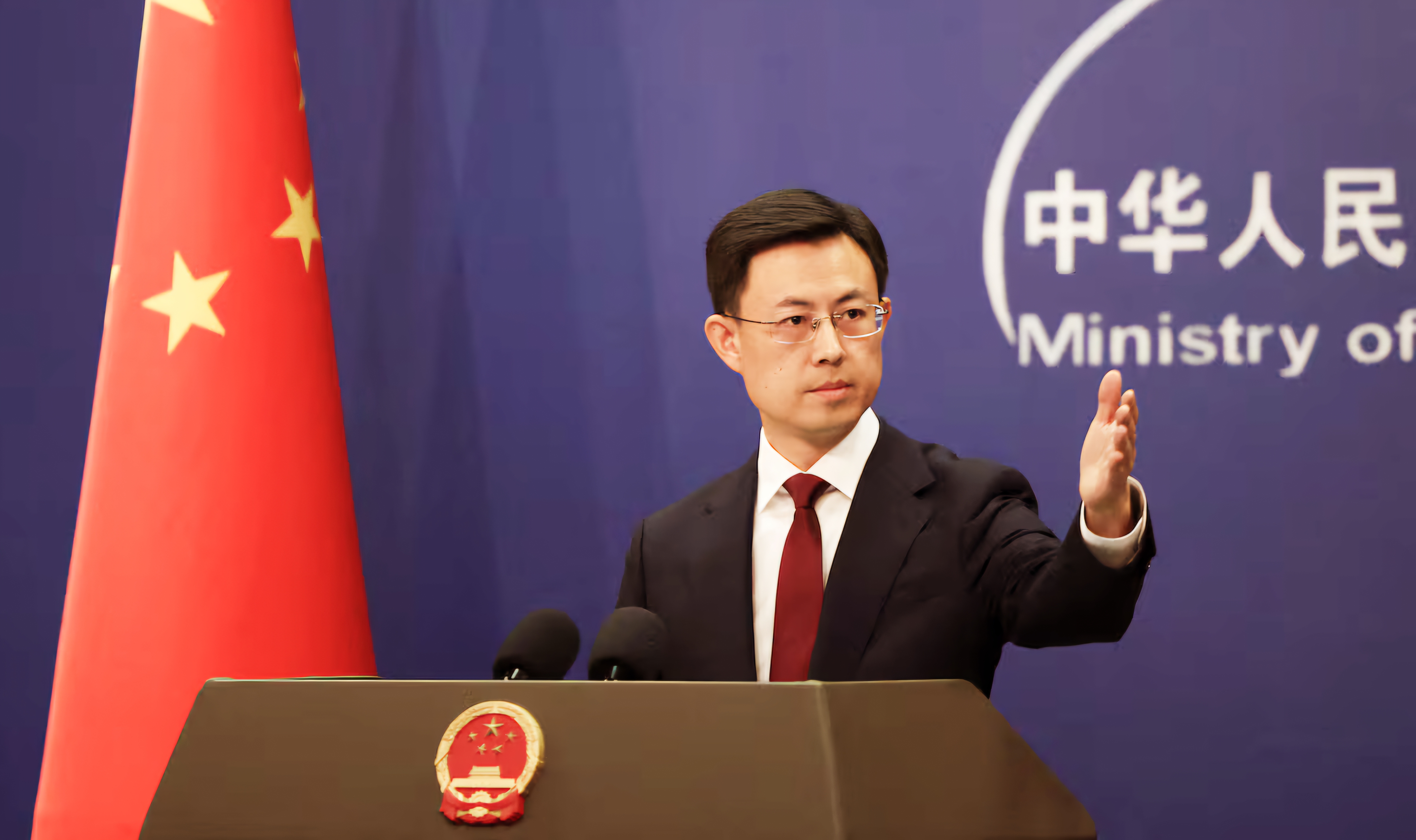
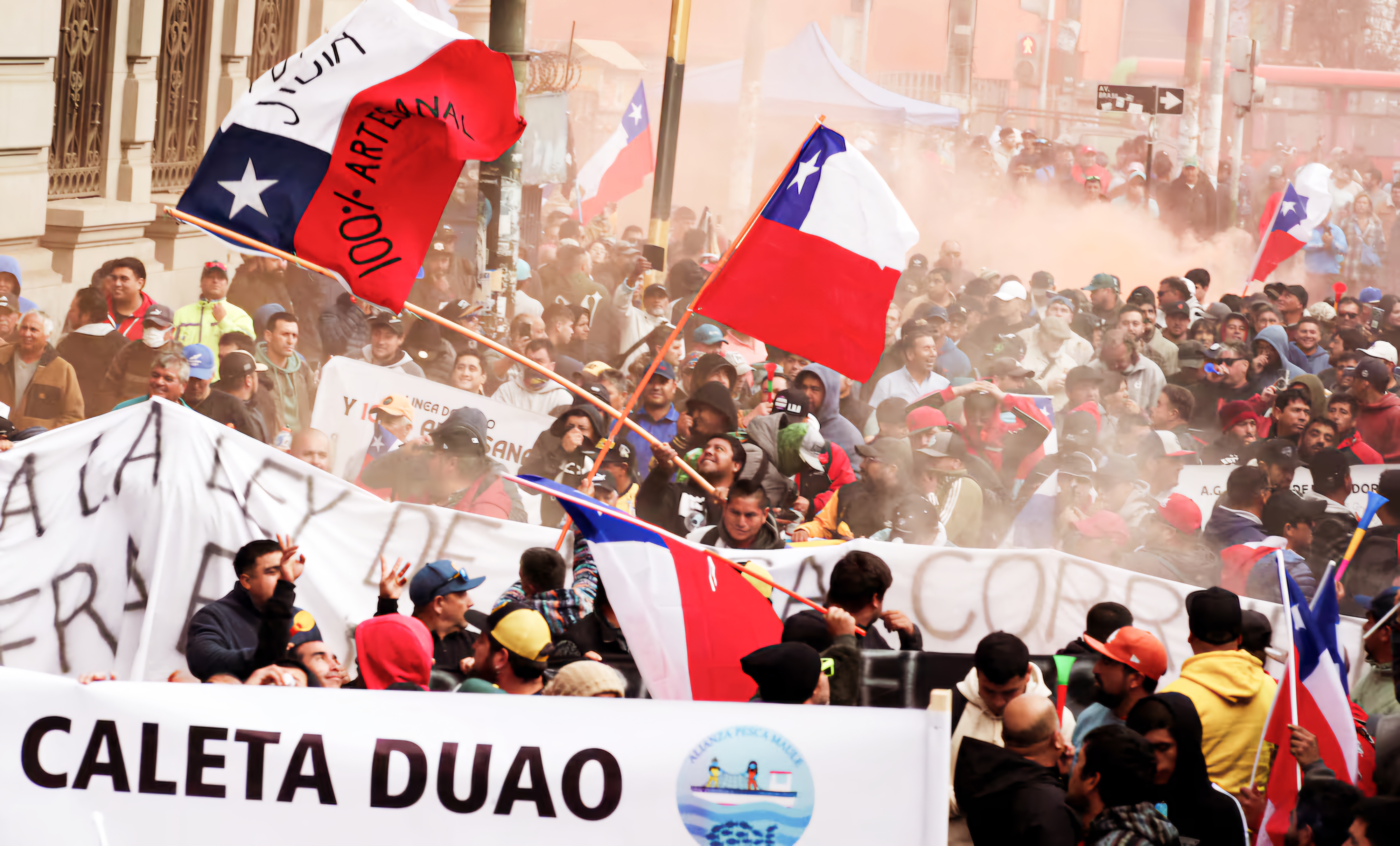
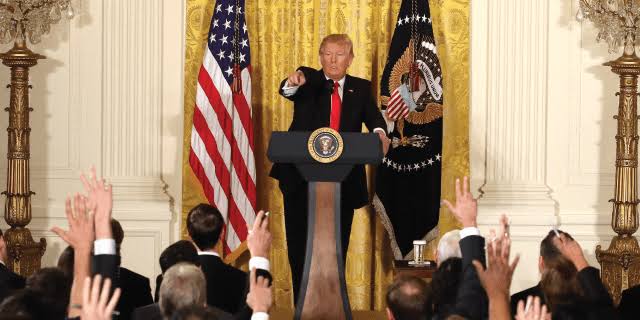
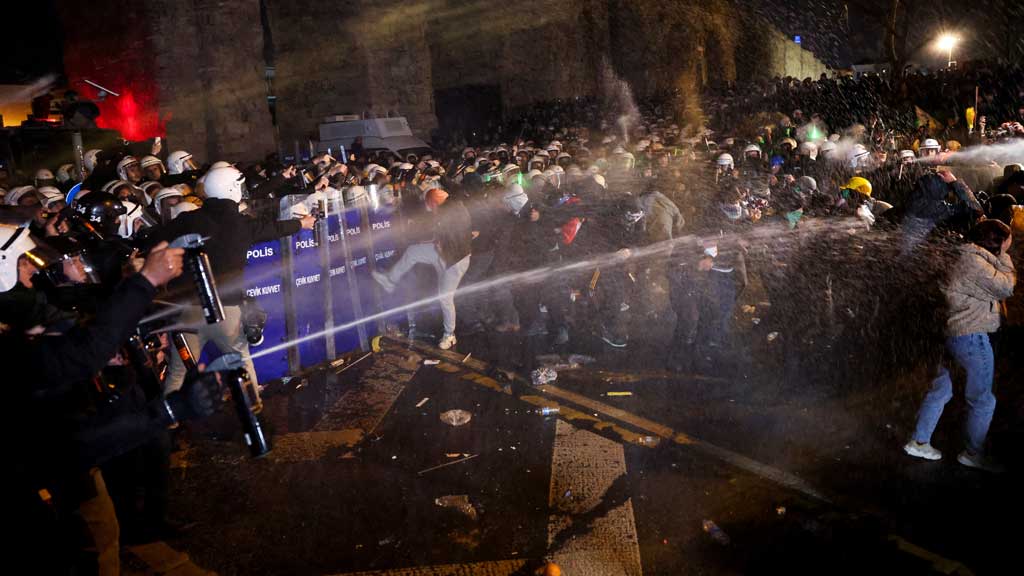
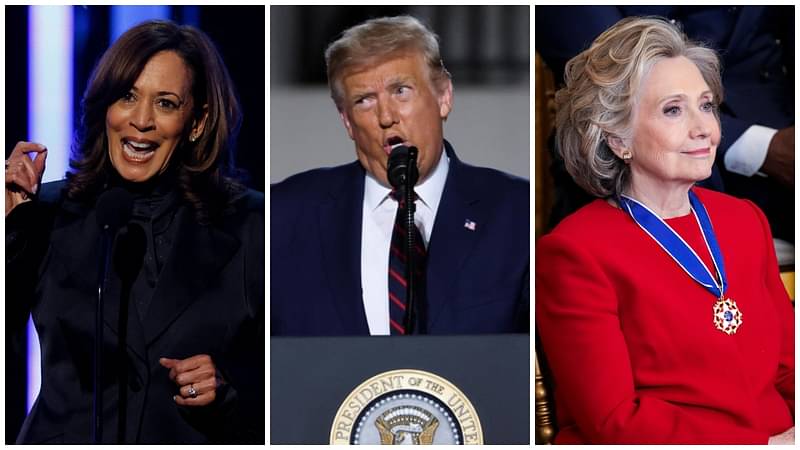
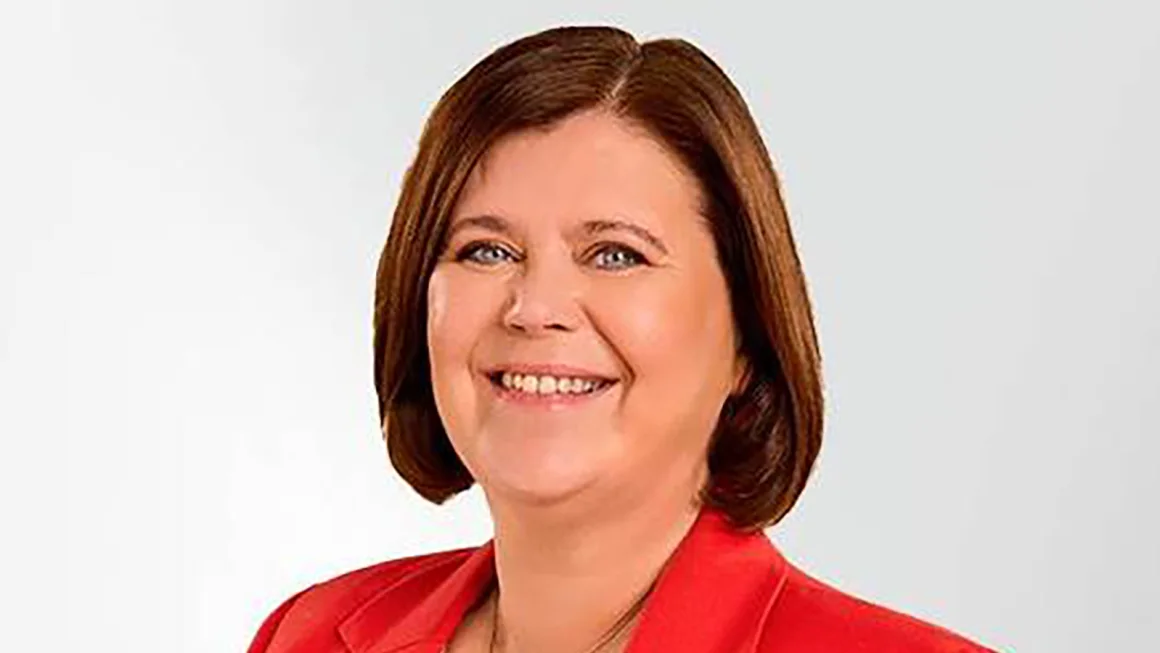
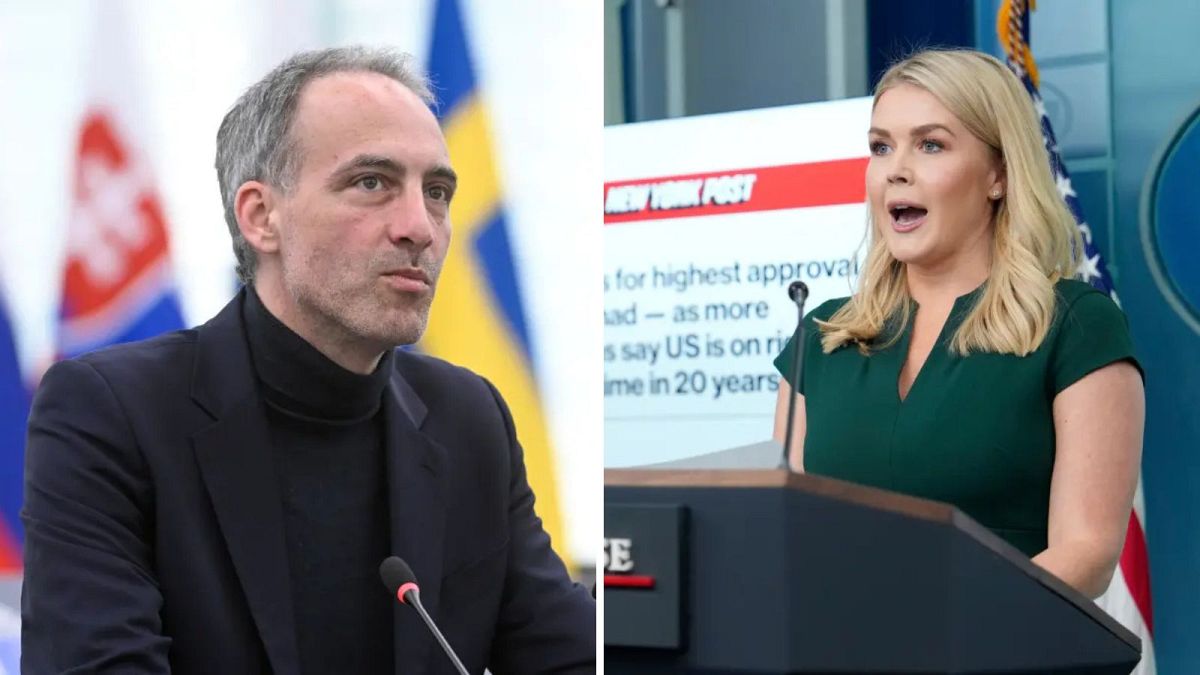
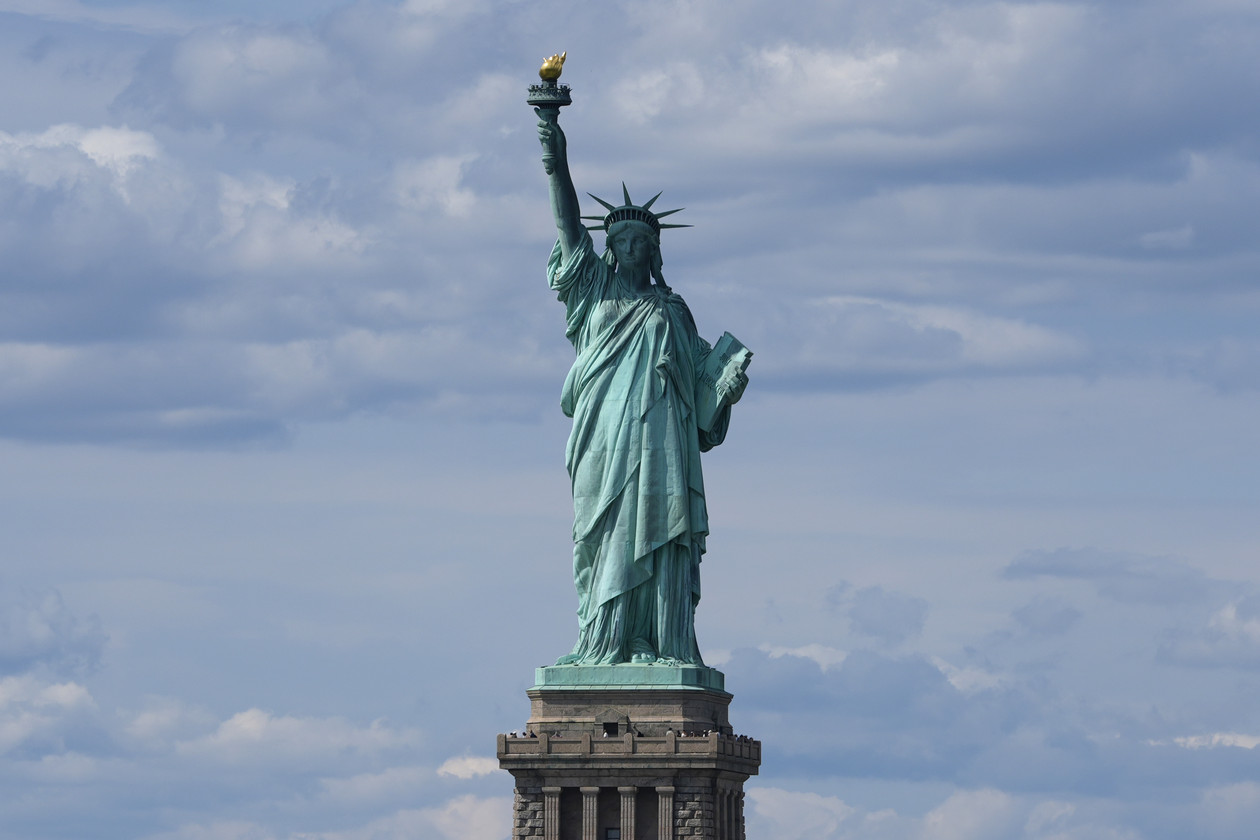

0 Comment(s)